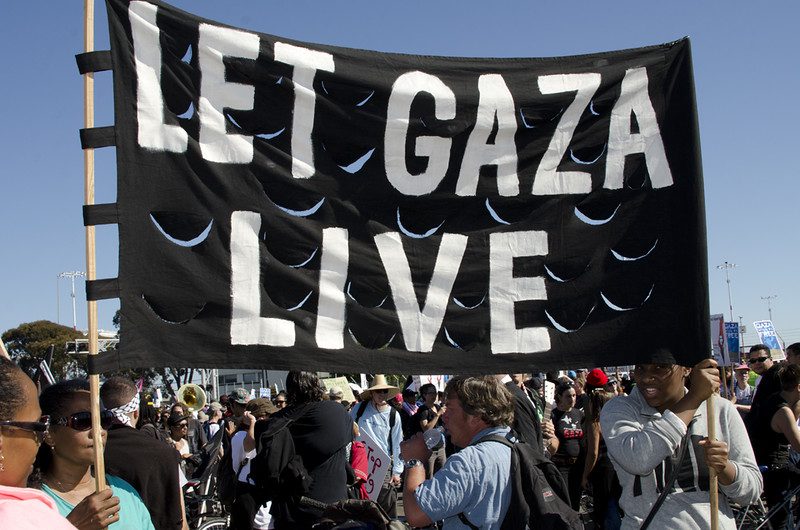The memo, “Governance Implications of Epidemic Disease in Africa: Updating the Agenda for COVID-19″ was originally posted by the London School of Economics, as part of the Conflict Research Program.
African countries have much experience with epidemics of communicable diseases. Nonetheless, certain aspects of the COVID-19 pandemic are new; for example its impacts on the global economy, and the extreme restrictions on social interaction that are recommended as mitigation measures.
Other aspects of the pandemic are familiar; for example high levels of illness that overwhelm limited health care capacity, a spike in mortality, and the conjuncture of these two elements with a severe economic downturn.
This memo summarises some of what is known about epidemic disease and governance in Africa based on past experience, and poses questions concerning COVID-19. The principal research resources include the Commission on HIV/AIDS and Governance in Africa and the HIV/AIDS, Security and Governance Initiative. In this respect it supplements recent surveys on the issue by Crisis Group and the Carnegie Endowment. There have also been extremely alarmist predictions such as that reported from the Quai d’Orsay, that the epidemic will cause African states to collapse, necessitating international interventions. This is not an evidence-based claim.
The memo then briefly examines:
- impacts of epidemic disease on state capacity;
- impacts on social and economic distress (especially food insecurity); then turns to;
- vicious cycles of interaction between disease, conflict and state failure; and
- the implications of government responses to epidemics.
The memo poses questions that should be examined in order to ascertain the probable governance implications of COVID-19 and identifies research gaps.
